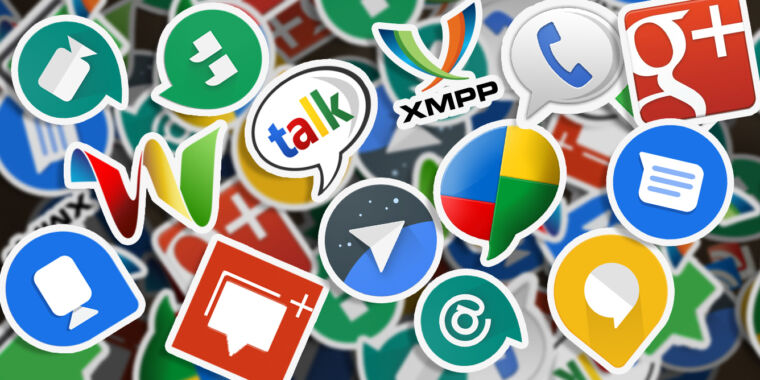SMS is being replaced with RCS (Rich Communication Services)
Well, not really. RCS only works between android phones, just like iMessage only works between Apple devices, so neither actually replaces SMS. In fact it's even more like iMessage because just as iMessage is hosted by Apple, RCS is hosted by Google (it's actually an open protocol, and not invented by Google, but so few networks wanted to spend money on upgrading their systems to support it that Google host the service themselves). So while the original idea was that this would be a universal replacement for SMS, it's now become just another proprietary messaging service run by a single company, except that the app, Google Messages, is pre-installed on most Android phones - again, very much like iMessage.
(In fact one thing that bothers me about it is that as far as I know the only 2 apps that support it are Google Messages and Samsung Messages, and from what I've read that's because Google restrict the API (Samsung presumably getting special treatment because of their size in the Android market). Which makes me wonder why? Because if their interest was in making RCS a success they'd encourage third party apps to support it rather than preventing them, but instead they seem to want to make people use their app even if that reduces RCS takeup, or forces other apps out, and that leaves a bad taste with me.)
All SMS apps are just interfaces to the same service (unless you also want to do RCS). So things like speed of notification will be the same for all apps. Things like "stop signs" will be controlled by a setting in the app - I've never seen one for an SMS (I don't use MMS, i.e. pictures in text messages, because the quality is the worst of any message protocol while in the UK they charge absurd amounts to send MMS, and an expensive way of sending bad quality pictures makes no sense to me).
To be honest, different SMS apps have different appearances, can have different options for what they put in a notification, and can be faster or slower when scrolling through lists of messages, but I've never found any difference as far as sending and receiving go.

